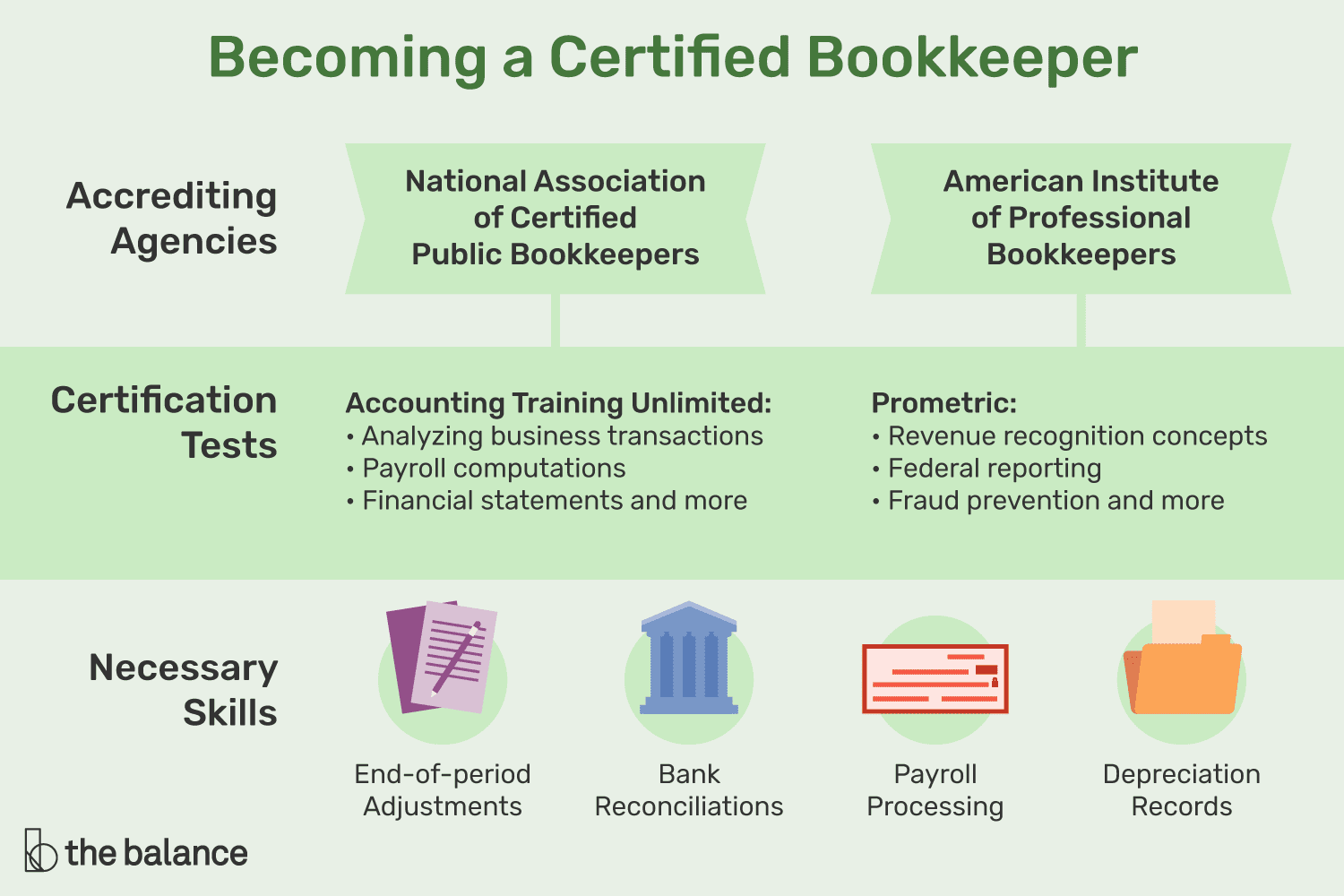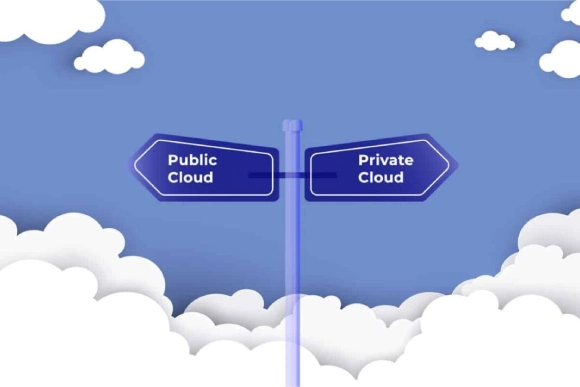Key Takeaways
|
What is a Bookkeeper?
Have you ever thought about who keeps track of every dollar in a business? That person is a Bookkeeper!
Think of them as the financial gatekeepers of any business. They handle invoices, manage payments, and reconcile bank accounts, all to keep the business’s finances running smoothly.
Why Does It Matter?
As Warren Buffett wisely put it, “Accounting is the language of business.” Accurate bookkeeping helps translate that language into clear, useful information. This information is vital for a business to grow and succeed.
Without proper financial records, a business can face serious problems like cash flow issues, tax fines, or even failure. A good bookkeeper ensures everything is transparent and compliant, setting the business on a clear path to growth.
Learn more about bookkeeping and its job description here.
4 Steps to Become a Bookkeeper in 2025
Thanks to virtual training programs, you’ve a lot of options to get certified as a bookkeeper. Here’s a step-by-step process to get you started:
Step 1: Earn a High School Diploma or GED Certificate
If you’re in high school right now, focus on subjects like math, accounting, and business to build a strong foundation. These basics will prepare you for the financial tasks ahead.
However, if you’ve already graduated from high school, it is fine as well, as most employers require a high school diploma or GED certificate for employment.
Step 2: Enroll in a Bookkeeping Training Program
Enroll in a reputable training program like CCI Training Center’s Business & Accounting Program, which will provide you with training on bookkeeping fundamentals, such as payroll, taxation, and financial statements.
Step 3: Gain Hands-on Practical Experience
Hands-on experience is key. Look for internships, part-time roles, or freelance gigs to apply your skills and learn the ropes of real-world bookkeeping.
NOTE: CCI Training Center’s course comes with a practicum. In this, students will establish a simulated business, make decisions regarding business operations, customer expectations, produce financial statements, and make business decisions.
Step 4: Earn Relevant Bookkeeping Certifications
Certifications like Certified Bookkeeper (CB) or QuickBooks Certification boost your credibility and employability. They show employers you’re committed to excellence.
In our business & accounting program, we train students for QuickBooks.
Should I Become a Bookkeeper?
Bookkeeping can be a good career option for someone who enjoys working with numbers, has a strong attention to detail, and is organized. It offers flexibility and the potential to work remotely.
Like any profession, it has its upsides and a few considerations to keep in mind. Let’s explore both to help you determine if this path aligns with your goals and personality.
Pros of Becoming a Bookkeeper
- Job Stability: Businesses of all sizes need bookkeepers, making it a reliable career choice.
- Flexibility: Many bookkeepers work remotely or freelance, offering the freedom to create their own schedule. For instance, if you wish to become
- Career Growth: With experience and certifications, you can move into roles like accounting, financial analysis, or even start your own bookkeeping business.
- Low Barrier to Entry: You don’t need a four-year degree to get started; certifications and practical skills can take you far.
NOTE: For those who enjoy organization but want to explore broader business tasks like calendar management, communication, online tools, and require a remote job, becoming a Virtual Assistant could also be a great alternative.
Cons of Becoming a Bookkeeper
- Attention to Detail: Precision is key in bookkeeping, but it can get mentally exhausting at times.
- Repetitive Tasks: Some tasks may feel routine, but they help you build efficiency and expertise.
- Structured Work: The focus on rules and numbers might feel limiting, but it also brings clarity and a sense of accomplishment.
NOTE: These challenges can be faced in other career options as well; however, with a proper approach, these can be managed.
Is Bookkeeping Right for You?
If you’re still unsure about whether you want to pursue this career, simply ask yourself these questions:
- Do you enjoy working with numbers and organizing data?
- Are you detail-oriented and comfortable with repetitive tasks?
- Do you value stability and flexibility in your career?
If you answered yes to all of the questions above, bookkeeping could be a great fit. But if you crave variety or creativity, you might want to explore related fields like marketing or project management instead.
Finding Your Path in Bookkeeping
Landing a bookkeeping job requires strategy and preparation. Here’s how to make it happen:
Where to Look for Bookkeeping Jobs
- Online Job Boards: Start your search on popular sites like Indeed, LinkedIn, and Glassdoor.
- Local Businesses: Reach out directly to small businesses that may need your skills. This is because many smaller businesses might need your skills, but haven’t advertised.
- Staffing Agencies: Sometimes, temporary roles can turn into full-time gigs. Staffing agencies often have these kinds of connections.
Networking Matters
- Attend industry events or webinars to connect with professionals.
- Join online forums on LinkedIn or Facebook to find advice and leads.
- Build relationships with local business owners or accountants.
Freelancing Options
- Websites like Upwork, Fiverr, or Belay are perfect for finding remote bookkeeping jobs.
- Gain Experience: Freelancing lets you build up your experience and create a portfolio on your own terms.
Make Your Resume Stand Out
- Highlight Key Skills: Be sure to point out important skills like being proficient in QuickBooks and having a sharp attention to detail.
- Tailor It: Customize your resume and cover letter for each job you apply for. This shows employers you’re a perfect fit.
Master the Interview
Prepare for common questions like:
- “How do you ensure accuracy?”
- “What’s your process for reconciling accounts?”
Confidence and preparation will set you apart.
With persistence and the right approach, you’ll find the perfect bookkeeping
opportunity—whether it’s full-time, part-time, or freelance.
Conclusion
Becoming a bookkeeper is a clear and achievable path that combines education, certifications, and hands-on experience. From completing your high school education to earning certifications like Certified Bookkeeper (CB) or QuickBooks Certification, each step builds your skills and credibility. With job stability, flexibility, and opportunities for growth, bookkeeping can be a rewarding career choice.
Ready to take the next step? Enroll in training programs like those offered by CCI Training Center to gain the knowledge and qualifications you need to succeed.
Explore available resources, sign up for a certification course, and start building your future today. Your journey to becoming a successful bookkeeper begins with one decision—make it now!
Frequently Asked Questions (FAQs)
Do bookkeepers need a degree?
No, a high school diploma or GED is typically sufficient, though additional certifications and training are highly recommended.
How long does it take to become certified?
Certification programs usually take several weeks to a few months, depending on your chosen program. But at CCI Training Center, we’ll train you for the role within 24 weeks.
What skills are essential for a bookkeeper?
Essential skills include numerical proficiency, attention to detail, familiarity with bookkeeping software, and excellent organizational skills.













